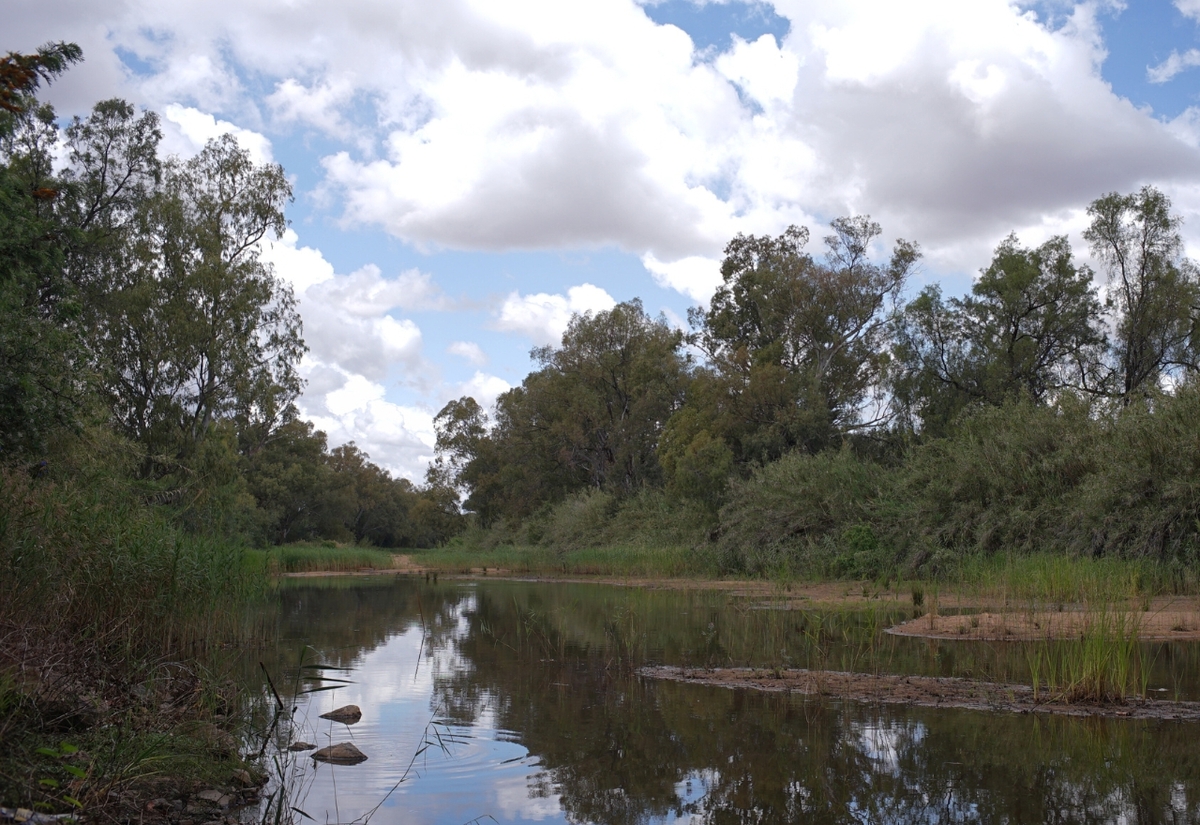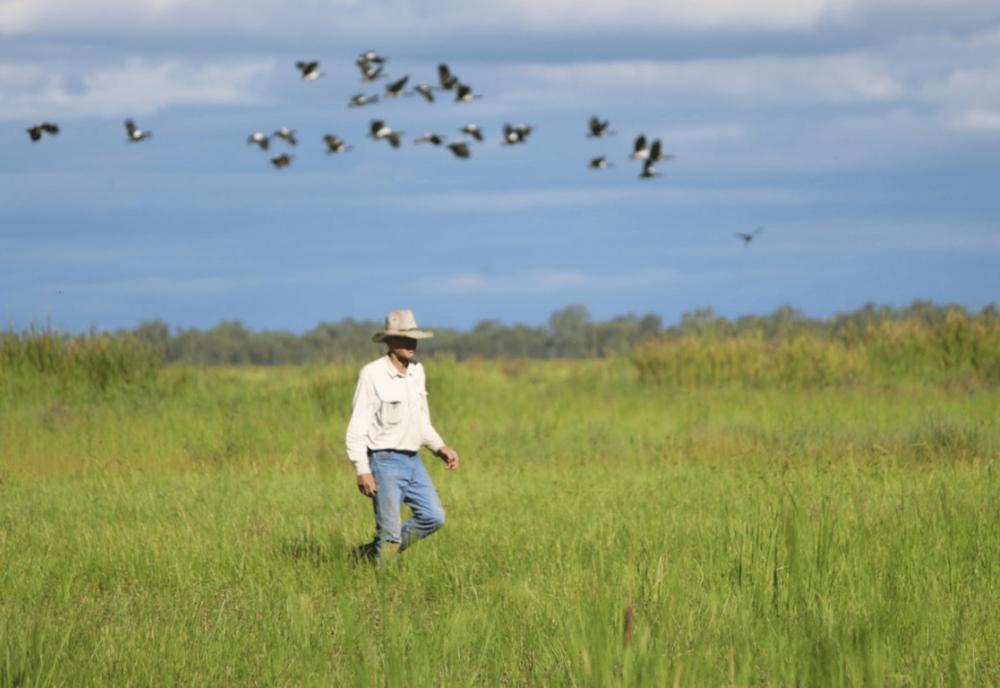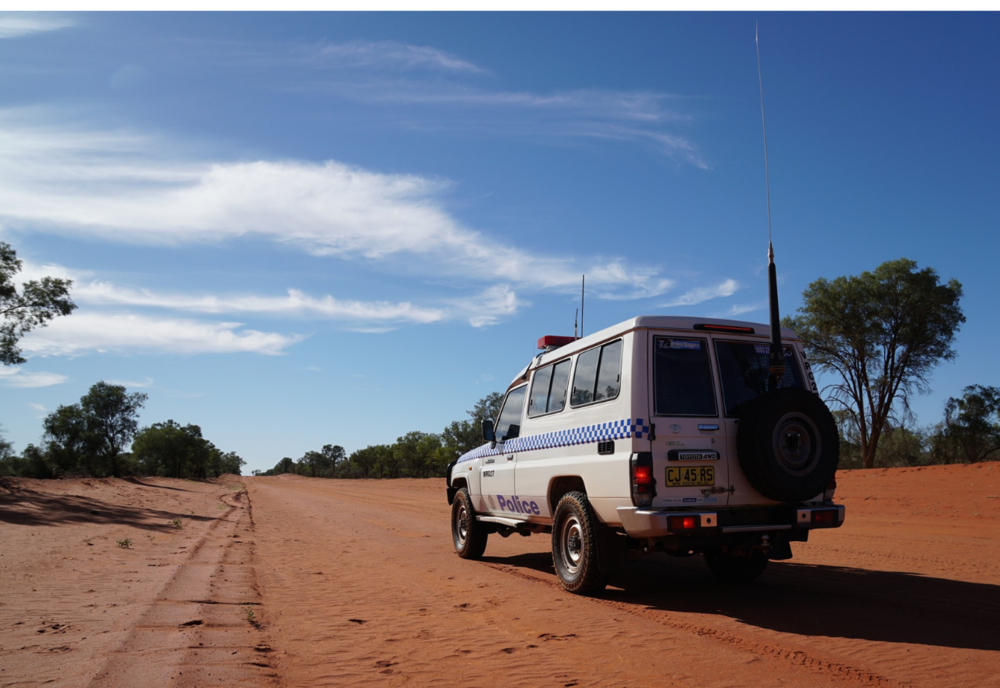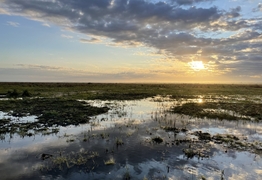The water regulator has more teeth, but will it scare a thief?
River McCrossen
17 October 2024, 1:41 AM
 The Castlereagh River in Coonamble, part of the Murray-Darling Basin. PHOTO: Western Plains App/ River McCrosesn
The Castlereagh River in Coonamble, part of the Murray-Darling Basin. PHOTO: Western Plains App/ River McCrosesnThe NSW government may have boosted fines for water theft, but Macquarie Marshes grazier Garry Hall says that will matter little if the regulator doesn't have more physical presence in communities.
Water changes applied by Natural Resources Access Regulator (NRAR) from 20 September raised maximum penalties for serious water theft offences from $750 to $7,700 for individuals and from $1,500 to $15,400 for corporations.
The government says the increase will send a message to rulebreakers, but while Mr Hall welcomes the move, he says the regulator needs to be more approachable if it wants locals to report wrongdoing.
"While NRAR's a very useful bureaucracy, they've got a long way to go before they're respected in the community, because they're only brand new," said Mr Hall, also the president of the Macquarie Marshes Environmental Landholders Association (MMELA).
"Trust is gained by awareness and being a physical presence in the community. At the moment, if you've got an allegation, you just got on the top of the pile somewhere far away.
"You google NRAR and you fill in a letter or someone will answer the phone, but it'll be a different person every time.
"It would be better if we if all had a name and number that you could ring and talk to individuals. Trust is built by building relationships."

Grazier Garry Hall. PHOTO: Leanne Hall
NRAR was established in 2017, aimed at enforcing lawful water use and ensuring communities received their fair share.
Penalties for offences including illegally constructing works like water bores, pumps and dams have risen from $750 to $3,000 for individuals and from $1,500 to $6,000 for companies.
The government says it has also updated the way value is calculated for illegally taken water to allow NRAR to impose heavier fines, in some cases by more than $400 per megalitre.
"This is about punishing those who violate regulations, not responsible water users who seek our support to meet compliance standards," NRAR Chief Regulatory Officer Grant Barnes said.
"With water entitlements in NSW valued at up to $41 billion, the penalties for illegally taking this resource need to reflect its worth."
Besides public tip-offs, the regulator can begin investigations from reports by other agencies and its own audits and site visits.
According to the NRAR website, it prioritises cases that could cause the most harm to the environment and the community.
An RNAR spokesperson said that 63 per cent of its 201 staff are regionally based.
"NRAR is responsible for water law enforcement across 800,000 square kilometres – an area larger than the UK and France combined," the spokesperson said.
"During the 2023-24 financial year, our outreach staff did 3649 site visits to properties, attended 20 stakeholder events, had 127 face-to-face meetings with key stakeholder groups, and set up 23 bespoke education sessions for specific groups.
Our call centre dealt with 5095 public enquiries during the same period.
"These methods help us stay connected to water users who need help complying with the rules."



